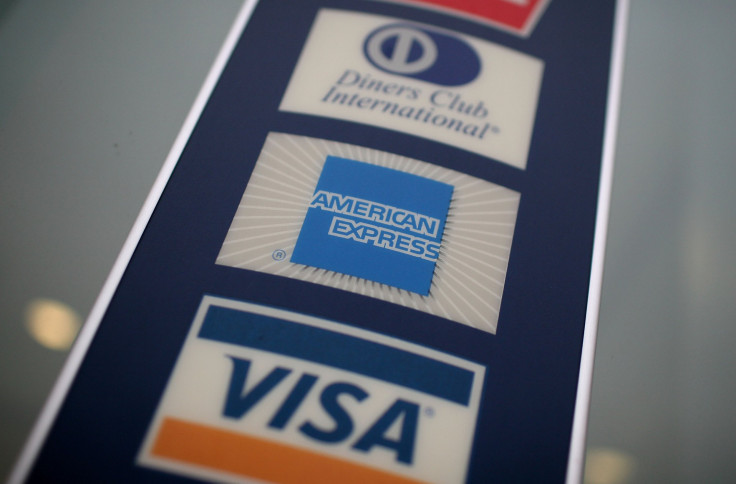Digital Payment Fraud: Don’t Focus On The Future, Consumers Can Fight It Now

We are moving at the pace of innovation. Americans paid $2.8 trillion in card not present transactions in 2017, using credit and debit cards online or over the phone for almost half of the payments. Clothing, car rides, even groceries - there is no shortage of goods and services that people won’t buy online, given the opportunity. But this convenience comes with a price. In fact, 92 percent of customers have security concerns at online check-out, and 62 percent end up abandoning purchases.
I learned the hard way. Despite a background in technology and cybersecurity, I was a payment fraud victim within a matter of months after moving from Tel Aviv to New York City, when my credit card information was stolen twice. It was infuriating. I was shocked that banks or merchants didn’t care enough about me, my personal data, and my experience.
The truth is, no matter how often this type of cautionary story happens, digital payments aren’t going anywhere. The cards in our wallet are not built for the way we live today, they were designed decades ago to benefit banks and merchants, not consumers. And they were never envisioned to be used online. As a result, our privacy, freedom, and peace of mind are constantly compromised. As hackers refine their tactics, it’s critical that we - as consumers - are in control of our data to make sure we don’t fall victim to criminals or even trusted brands.
From Apple and Android pay, to accessories and wearables, many companies including Paypal and my company, Token, are working on building new ways for us to pay instead of swiping the simple old plastic we all have in our wallets. This is a good thing considering consumers are rapidly moving shopping and payments online.
Don’t get desensitized
Although educational programs like National Cybersecurity Awareness Month exist to help consumers protect their personal information, those reminders get lost in the regular cycle of high-profile hack attacks.
What’s worse, as enterprises continue to invest billions of dollars trying to protect us, they are failing. Several of the thousands of merchants that were breached over the past few years were PCI compliant. It didn’t matter.
Under Armour , Facebook and Marriott Starwood Hotels logged massive breaches exposing the personal data of millions of consumers in 2018. In 2019, we’ve already seen scares from Instagram, Dunkin’ Donuts and Verizon.
It’s no surprise then that there is a sense of inevitability when it comes to being a fraud victim: one in four consumers will be a victim of payment fraud in the next three years and cybercrime is expected to result in over $5.2 trillion in damages over the next five years.
And it’s frighteningly easy to buy stolen financial information, too. Did you know that the cost to purchase a stolen credit card that includes a CVV number starts at only $5?
Here’s my message to anyone who uses a credit card online: even though the flood of cybercrime news continues, don’t be desensitized to it.
Biometrics: a false hope?
Biometrics promise a better way of verifying our identities, but that comes with a big price tag, and big risks.
And while it sounds like science fiction, it’s already happening. Last year’s biometric breach in Indiajeopardized the information of almost 1.2 billion citizens. Biometrics, even more than a social security number, cannot be replaced. What can you do if someone steals that information? Get a new finger? Implant a new iris?
Too many technology providers are eager to sell consumers on the security that comes with biometric identification, without first sorting through the unintended consequences. In my opinion, this is a dangerous path forward for payments technologies.
Consumers have power today
As financial transactions evolve into digital payments (a far cry from bartering or cash), ease of use will be a driving force behind adoption. But just because a new payment system is easy or “cool” to use, doesn’t mean it should lag behind on security.
Here’s what I recommend: don’t accept the loss of personal data as an everyday event. You shouldn’t have to choose between convenience, progress and security. Demand more from payments providers and merchants. Look for straightforward solutions that already exist in the market and remember - the best way to protect your information is to not share it in the first place.
Zohar Steinberg is founder and CEO of Token , a company that gives consumers the ability to protect themselves against online payment fraud, at any online retailer, for free.
© Copyright IBTimes 2025. All rights reserved.





















